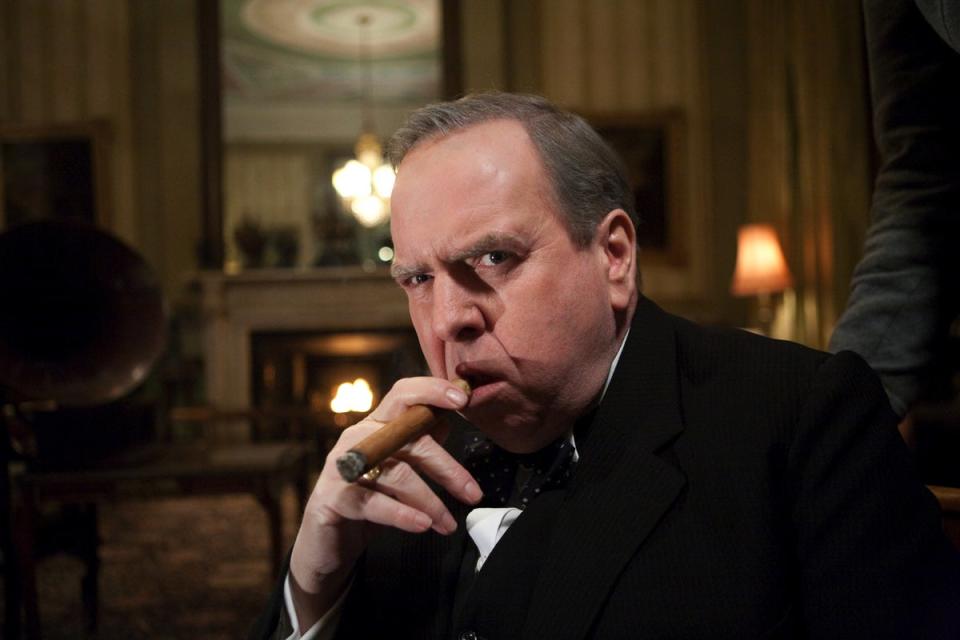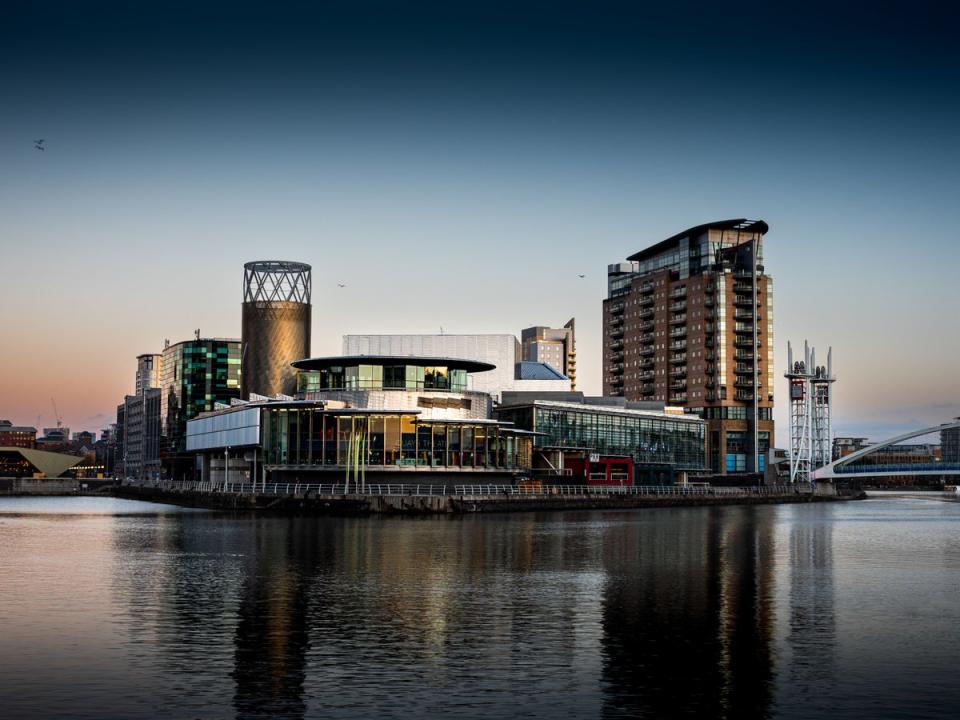Timothy Spall calls on next government not to treat arts as an economic ‘bloodsucker’

Timothy Spall has said that the arts should not be spoken of as an economic “bloodsucker”, and called on the next government to appreciate how creative industries contribute to society.
The Bafta-winning actor, speaking in an interview ahead of the 25th birthday of the Lowry theatre and gallery in Salford, said the incoming government should focus on how art opens the mind and how it helps society, instead of promoting it as exclusive and elitist.
“Whoever takes over, should work on – and it’s a tricky one – making people realise that it’s not elitist,” Spall told The Guardian.
“The arts has this connotation of being you know, arty farty, for an exclusive audience, and it’s not. Even if you don’t want to make a living out of it, it opens your mind.
“It’s about sharing. It’s the opposite to elitism. It’s about saying, ‘Look, we’re all f***ing humans and this is what we feel’, is it not?”
The Harry Potter star, who comes from a working class background, said it had become difficult for children who came from families without means to access the funding they would require to take up opportunities in the arts.

“There’s an opinion that art is exclusively funded by the government but it isn’t, it pays for itself. And it’s in the interest of people that don’t like it I suppose, to advertise it as if it’s some kind of bloodsucker, but it simply isn’t, is it?”
The actor visited the theatre as research for his role as LS Lowry in the 2019 film Mrs Lowry & Son, and has also displayed his own work at the gallery.
The Independent’s Clarisse Loughrey gave the film three stars, writing that the “writing is sharp and insightful when it comes to class and opportunity” but “under the direction of theatre veteran Adrian Noble, it’s an often stiff and unadventurous affair”.

Spall’s comments came after the Lowry released its annual report on Wednesday, which found that the space contributed £47.7m to the UK economy. The theatre and arts space is almost entirely self-sustaining, and only 6 per cent of its income came from public sources in 2022-23. In comparison, other Arts Council England national portfolio organisations get almost half their funding from public sources on average.


